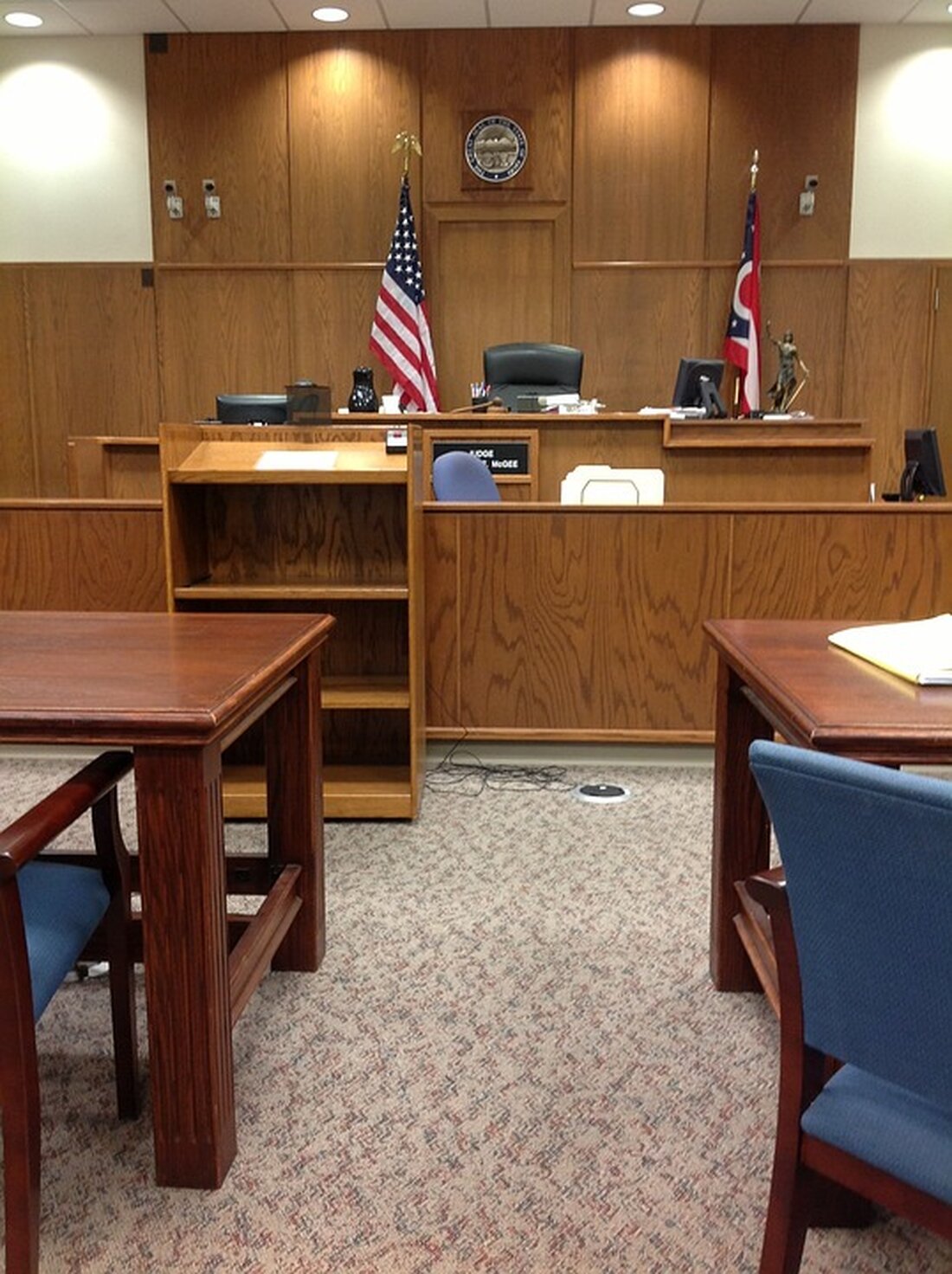Ripple victory in court: How likely is a inventory of the judgment in the next instance?
The decision of the court in favor of Ripple in the trial of the SEC caused great excitement in the crypto industry. However, the former manager of American banking supervision believes that John Reed Stark that the judgment will tip over in the next instance. It strongly argues that judge Analisa Torres is on shaky legs. He believes that the SEC stock market supervision sees its task to protect investors. The industry, on the other hand, sees Ripple's victory as an opportunity for other cryptocurrencies, which are now also supposed to have great potential for price increases. For example, the viral crypto presale of ...

Ripple victory in court: How likely is a inventory of the judgment in the next instance?
The decision of the court in favor of Ripple in the trial of the SEC caused great excitement in the crypto industry. However, the former manager of the American banking supervision, John Reed, strongly believes that the judgment will tip over in the next instance.
strongly argues that judge Analisa Torres is on shaky legs. He believes that the SEC stock market supervision sees its task to protect investors.
The industry, on the other hand, sees Ripple's victory as an opportunity for other cryptocurrencies, which are now also supposed to have great potential for price increases. For example, Wall Street Memes' viral crypto-vresale books enormous success and exceeded the $ 15 million mark at the weekend.
However,strongly criticizes that judge Torres's decision deprives small investors. He argues that the classification of XRP, as no securities when selling crypto exchanges, created a kind of two-class society for investors. The institutional investors, on the other hand, are considered buyers of securities if they have invested in XRP.
For strong, this is a form of discrimination and he condemns the reason for the court that small investors are said to be nothing about XRP or were not ready to research. He considers this statement to be an insult to the small investors.
The central question for strong is whether investors can expect profits or not. For him, this was the main concern of the buyers of XRP. Therefore, he finds it incomprehensible that XRP is classified as no security when buying via crypto bonds, while institutional investors are considered securities.
Stark also points out that institutional investors XRP could then also have sold via crypto bonds, which would mean that the coin would suddenly no longer become a security.
Based on this analysis and insider knowledge, it is strongly assumed that the SEC will contest the judgment in the next instance and will receive law. However, there are also voices that disagree and point out that the judge has avoided the term "security" for XRP in her judgment. Now the ball lies with the SEC, which has to decide whether it accepts the court ruling or goes into appeal.

 Suche
Suche
 Mein Konto
Mein Konto
